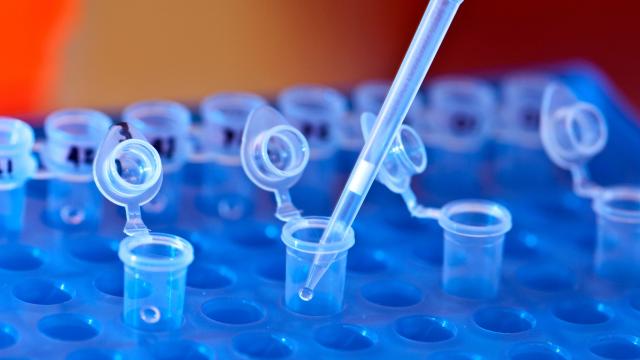Last year, a study claiming that the gene-editing technique CRISPR might actually be dangerous whipped labs around the biotech world into a frenzy. Researchers found that when they used CRISPR to cure blindness by changing DNA in mice, it resulted in not just a few but more than a thousand unintended effects on other genes.
It’s not a great look when you can’t reproduce your own work. Photo: University of Michigan/Flickr
That meant that unless CRISPR could be fixed to to be more precise, the ballyhooed technology might be more a laboratory nightmare than a revolutionary tool poised to rid the world of devastating disease.
In the months after the paper appeared in the pages of the journal Nature Methods, sceptics had already called the study’s results into question. Now, the authors have published a preprint paper with some very different results: In a new mouse experiment, the authors did not find an excess of unintended genetic mutations, as they had in their initial work.
“Our previous publication suggested CRISPR-Cas9 editing at the zygotic stage might unexpectedly introduce a multitude of subtle but unintended mutations, an interpretation that not surprisingly raised numerous questions,” they wrote.
“These whole-genome-sequencing-level results support the idea that in specific cases, CRISPR-Cas9 editing can precisely edit the genome at the organismal level and may not introduce numerous, unintended, off-target mutations.”
Well, that’s a relief.
Another preprint published in February had already gone a long way to discredit their initial findings. In that study, scientists at the Wellcome Sanger Institute in Britain recreated the original study and found that there weren’t significant unexpected mutations.
In this study, researchers were not replicating their original experiment but instead conducted the same whole-genome sequencing on two mouse lines that had undergone a similar CRISPR-editing procedure. In the first study, that same analysis revealed thousands of mutations. In this study, it did not. The new study isn’t a retraction of the first, but it certainly supports the idea that it might have been a false alarm.
Still, the possibility of unintended effects is still a real concern in developing any CRISPR therapy. The concern just isn’t perhaps as big as that initial study suggested.
